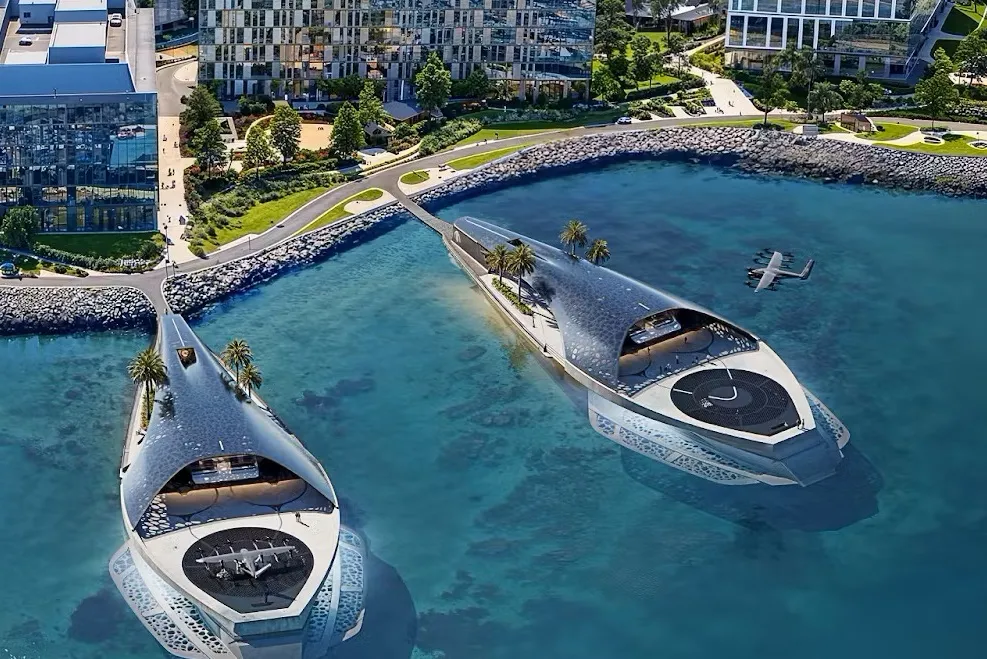As part of the grand opening of Michigan’s Mcity on 20 July, Econolite will host a connected vehicle demonstration of real-time vehicle-to-infrastructure communications, using currently available signalised intersection equipment.
Mcity is a unique test site for connected and automated vehicles located on the North Campus Research Complex and operated by the University’s Mobility Transformation Center (MTC).
The 32-acre simulated urban and suburban networked environment features a system of roads wit
July 15, 2015
Read time: 2 mins
As part of the grand opening of Michigan’s Mcity on 20 July, 1763 Econolite will host a connected vehicle demonstration of real-time vehicle-to-infrastructure communications, using currently available signalised intersection equipment.
Mcity is a unique test site for connected and automated vehicles located on the North Campus Research Complex and operated by the University’s Mobility Transformation Center (MTC).
The 32-acre simulated urban and suburban networked environment features a system of roads with intersections, traffic signs and signals, streetlights, building facades, sidewalks and construction obstacles. It provides a proving ground for connected and automated vehicle applications, as well a cooperative environment for industry leaders to optimize future connected and automated vehicle systems solutions.
As a founding corporate partner of the MTC and long-time supporter of the5647 University of Michigan Transportation Research Institute (UMTRI), Econolite continues to actively help foster connected vehicle research and development.
“We are excited and proud to be involved and participate in the Mcity grand opening ceremonies,” said Econolite Group chief technology officer Gary Duncan. “We feel that the level of research and the opportunity for collaboration offered through Mcity is necessary to reach our goal that the intersections of the future are collision free and safer for all roadway users.”
Mcity is a unique test site for connected and automated vehicles located on the North Campus Research Complex and operated by the University’s Mobility Transformation Center (MTC).
The 32-acre simulated urban and suburban networked environment features a system of roads with intersections, traffic signs and signals, streetlights, building facades, sidewalks and construction obstacles. It provides a proving ground for connected and automated vehicle applications, as well a cooperative environment for industry leaders to optimize future connected and automated vehicle systems solutions.
As a founding corporate partner of the MTC and long-time supporter of the
“We are excited and proud to be involved and participate in the Mcity grand opening ceremonies,” said Econolite Group chief technology officer Gary Duncan. “We feel that the level of research and the opportunity for collaboration offered through Mcity is necessary to reach our goal that the intersections of the future are collision free and safer for all roadway users.”










